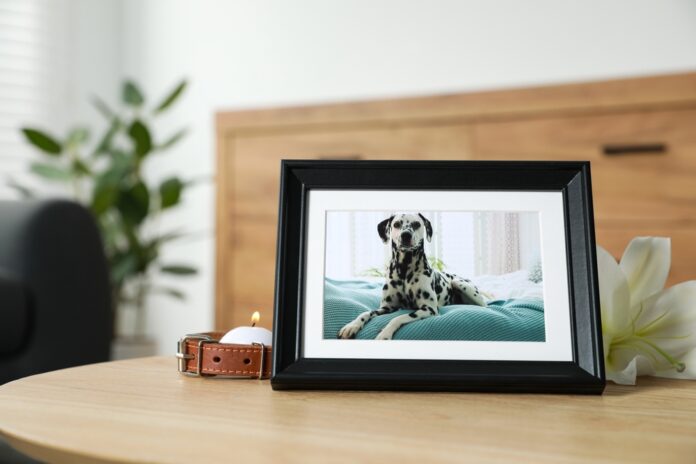Losing a pet can feel like losing a cherished family member. The depth of grief that follows may be overwhelming, and it’s important to recognize that this feeling is completely normal. Pets occupy a significant place in our lives, providing unconditional love, companionship, and joy. When they pass away, the void they leave behind can be profound.
Understanding Your Grief
Grief doesn’t follow a set timeline or pattern. You might experience a whirlwind of emotions—sadness, anger, guilt, or even numbness. It’s crucial to understand that grieving doesn’t follow a set series of stages, and everyone’s experience is unique. Allow yourself the space to feel whatever emotions arise without judgment.
Acknowledge Your Feelings
One of the first steps in healing is to acknowledge the reality of your loss. Accepting that your pet is gone might take time, and it’s okay to move through this process at your own pace. Suppressing your emotions can prolong the healing, so give yourself permission to grieve fully.
Express Your Emotions
Finding healthy outlets to express your grief can be incredibly therapeutic. Engaging with memories helps keep your pet’s essence alive. Consider creating a scrapbook of favorite photos, writing a letter to your pet, or sharing stories with friends and family who understand your loss. Some people find solace in creative expressions such as writing, painting, or creating shrines tailored to their way of coping.
Maintain Your Routine
The daily routines you shared with your pet are now altered, which can amplify feelings of emptiness. Establishing new routines can help you adjust to life without them. If you have other pets, maintaining consistency is important, as surviving pets may also grieve. They might exhibit changes in behavior or appetite, so providing them with extra attention can be beneficial for both of you.
Seek Support from Others
Sharing your grief with others who have experienced similar loss can be comforting. Remember that the support from fellow pet owners is invaluable, and you shouldn’t hesitate to reach out. Whether it’s friends, family, or support groups, connecting with others can ease the isolation that often accompanies grief.
Memorialize Your Pet
Creating a memorial can serve as a lasting tribute to your pet’s impact on your life. Activities like planting a tree, creating a memory box, or commissioning art help maintain a connection and honor their memory. These rituals provide a space to reflect on the joy your pet brought into your life.
Be Honest with Children
If you have children, it’s important to be honest about your pet’s death. Use clear language appropriate for their age to help them understand and express their feelings. Encouraging open conversations and involving them in memorial activities can aid their grieving process.
Special Considerations for Seniors
For seniors, the loss of a pet can be especially challenging due to increased feelings of loneliness or reminders of other losses. Recognizing these unique challenges is important. Seniors may need additional support as they navigate their grief, so consider involving community resources or support groups that understand the profound impact of pet loss in later life.
Give Yourself Time Before Adopting Again
While the companionship of a new pet can be healing, it’s crucial to allow yourself time to grieve. Jumping into a new relationship before you’re ready may not give you the space needed to heal fully. When the time feels right, adopting from a local shelter not only honors your previous pet’s memory but also provides a loving home to an animal in need.
Practice Self-Care
Taking care of your physical and emotional well-being is essential during this difficult time. Ensure you’re eating well, getting enough rest, and engaging in activities that bring you comfort. Mindfulness and meditation can help manage overwhelming emotions, offering moments of peace amidst the turmoil.
Seek Professional Help if Needed
If your grief feels insurmountable or prolonged, consider reaching out to a mental health professional. Resources like the Pet Compassion Careline for 24/7 support are available to assist you through your grieving process.
Remember the Joy
Amidst the sadness, try to cherish the positive experiences and lessons learned from your time with your pet. Reflecting on the love and happiness they brought into your life can be a source of comfort and gratitude.
Conclusion
Grieving the loss of a pet is a deeply personal journey, one that deserves compassion and understanding. There is no “right” way to mourn, and the process takes time. Be patient with yourself, honor your feelings, and remember that the bond you shared with your pet is a testament to the love you both gave and received.


